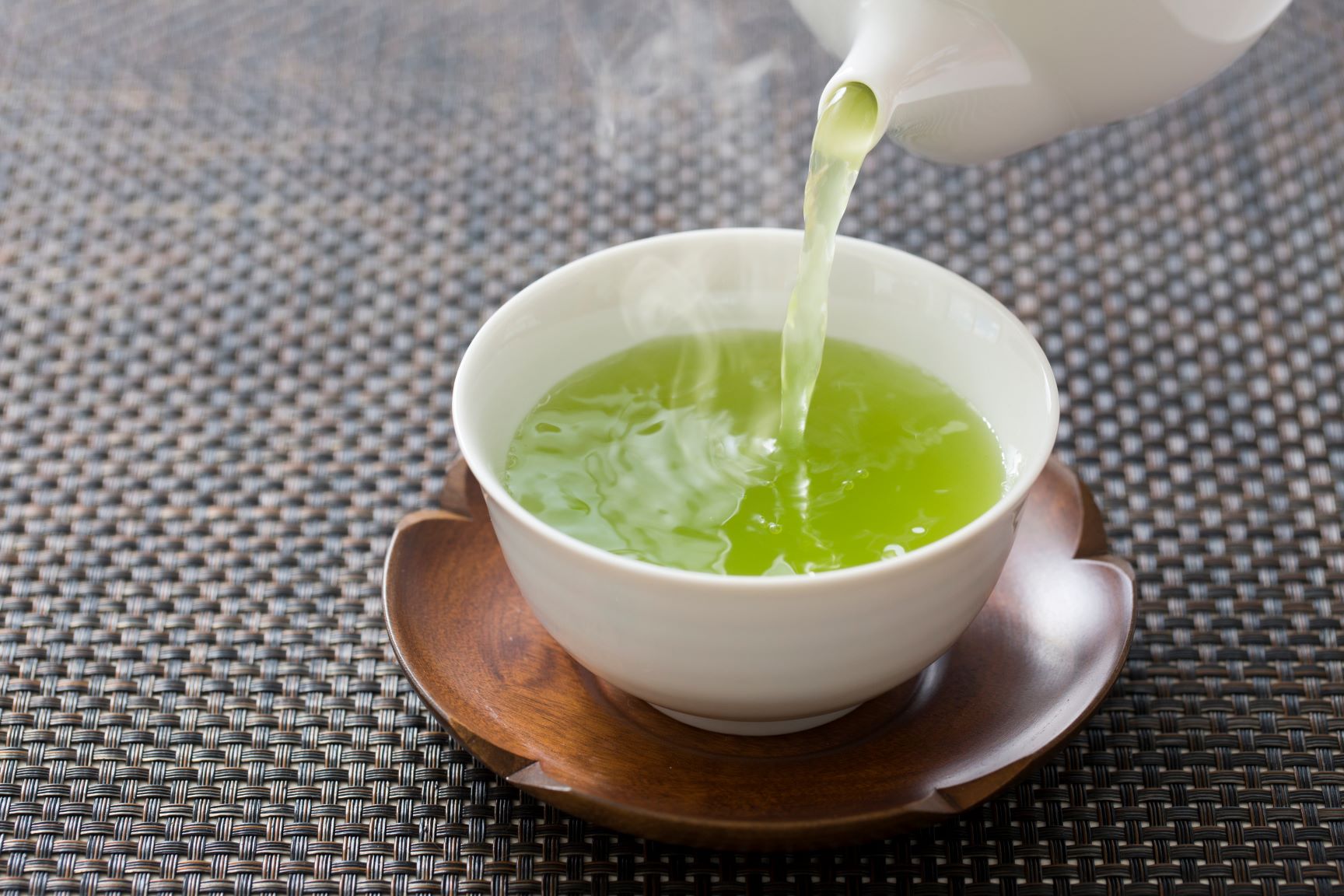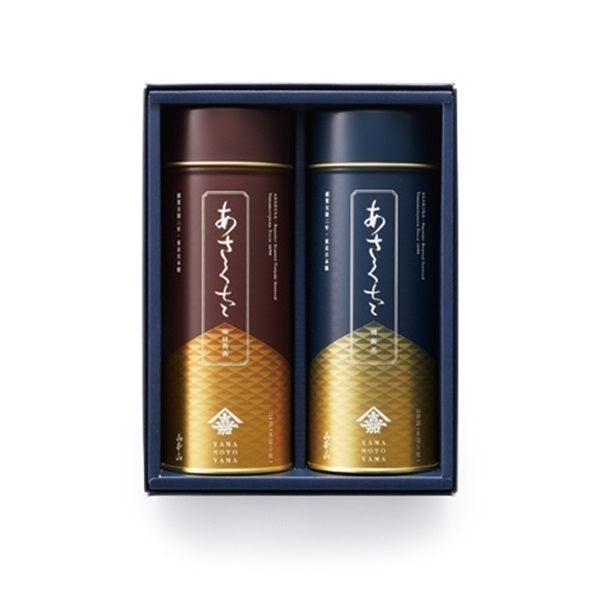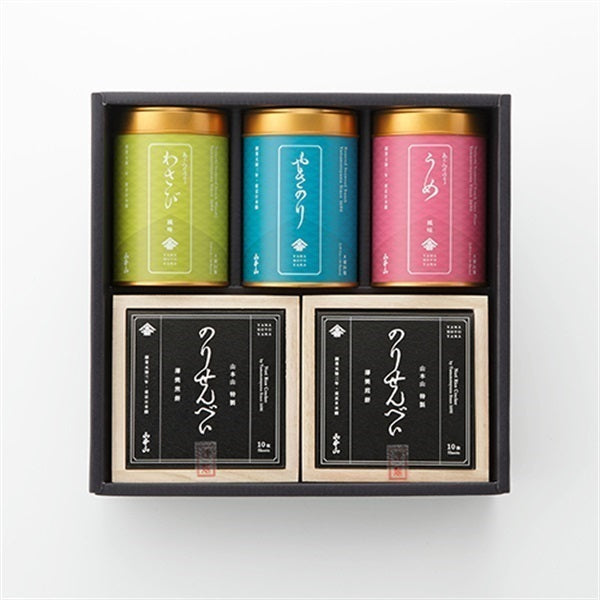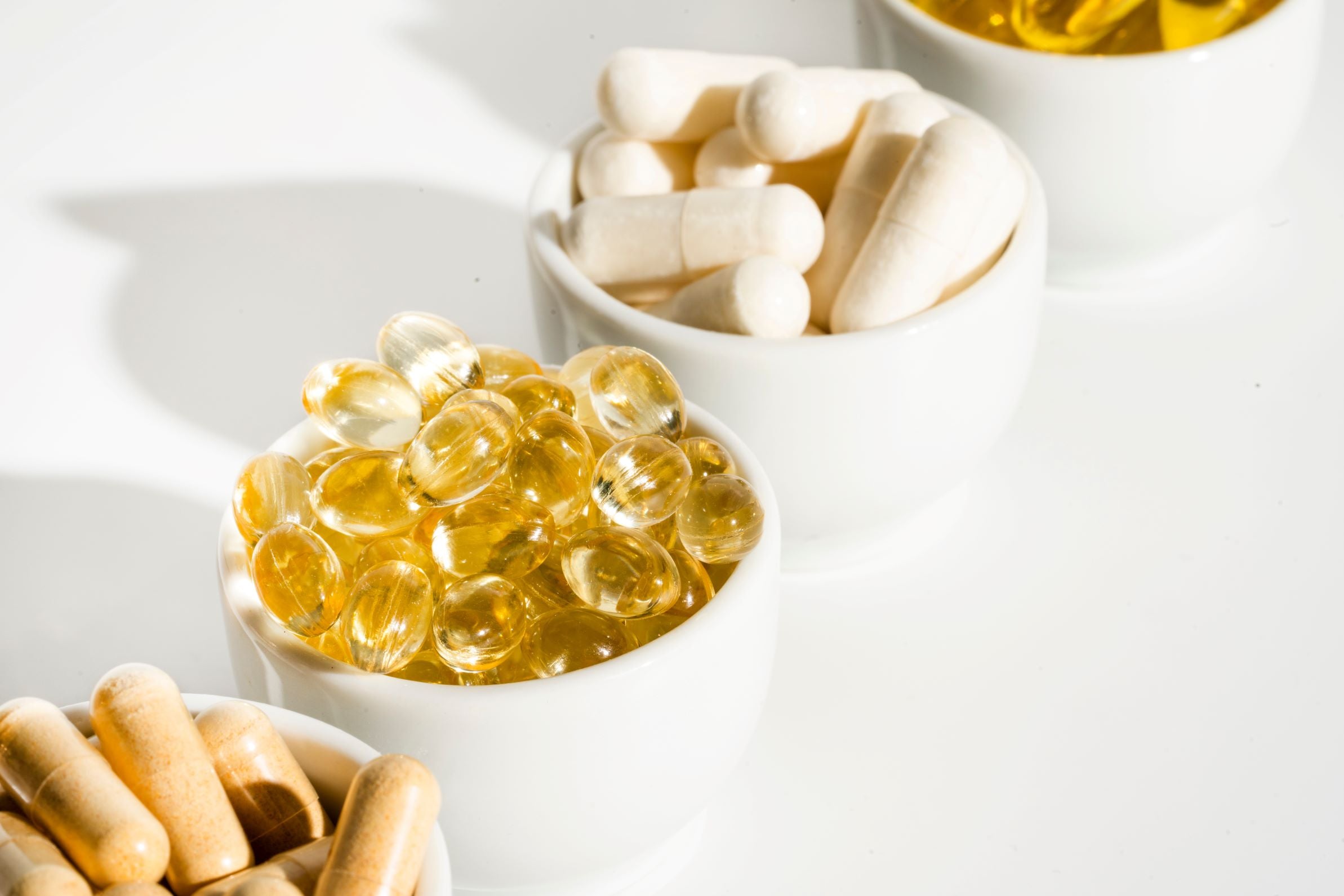
Direct from the pros! Tips for brewing aromatic tea revealed
Introduction
How can we bring out the best in tea in a balanced way?
Even if the same tea leaves are used, the taste can change greatly depending on how it is brewed.
When we say "delicious tea," people have different preferences, but in order to maximize the potential of tea, it is important to consider how to brew it from a scientific perspective.

The temperature of the water and the steeping time are the key to the flavor
Even if the same tea leaves are used, the taste can change dramatically depending on how it is brewed. I'm sure that all tea lovers have had this experience at least once.
In fact, the taste of tea depends on how much of the various components contained in the tea dissolve in hot water.
The two most important factors that determine how the tea dissolves are the water temperature and the steeping time.

1. About the temperature of the water
The amount of compounds that make up the flavor of tea that dissolves varies depending on the temperature of the water.
Generally, the hotter the water, the more ingredients will be extracted. However, some ingredients have different levels of dissolution at lower temperatures.

2. Catechin dissolves well at high temperatures
Among catechins, ester-type catechins (EGCg and ECg), which have a particularly strong astringent taste, are almost insoluble in cold water.
On the other hand, free catechins (EC and EGC) and caffeine have the property of dissolving to a certain extent in cold water compared to ester-type catechins.

3. Amino acids dissolve easily at low temperatures
There is also a difference in the time it takes for the tea to dissolve. The longer the tea is steeped in hot water, the more the catechins dissolve, but if the water is hot, caffeine dissolves in a relatively short time.
On the other hand, amino acids are characterized by being more easily dissolved at low temperatures than catechins and having a shorter extraction time.
As you can see, the amount of tea ingredients extracted changes depending on the temperature of the water and the steeping time. Therefore, even if it is the same type of tea, the taste can change greatly depending on the brewing method.

For example, when steeping tea for a long time at a low temperature, such as when making cold tea, the flavor of amino acids is more likely to come out than that of catechins.
Amino acids are the components that give tea its umami and sweetness.
On the other hand, catechins and caffeine, which are bitter and astringent components, are difficult to dissolve in low-temperature water.
Therefore, tea brewed at a low temperature has a mellow flavor with less bitterness and astringency.

4. Caffeine dissolves easily at high temperatures
Conversely, brewing tea with hot water causes catechins and caffeine to dissolve more easily. These compounds give tea a bitter and astringent taste, so the higher the temperature, the stronger the flavor will be, and the more crisp and powerful the impression will be.
The amount and balance of ingredients contained in different types of tea also differs, so even if the water is the same temperature, the taste can vary greatly depending on the type of tea.

Brewing Methods Vary According to the Type of Tea
Depending on the type of tea, there are different brewing methods to bring out its best characteristics.
For high-quality tea leaves such as Gyokuro and high-grade Sencha, it is recommended to brew them slowly at a low temperature in order to bring out the amino acids that give the tea its umami flavor.
For Gyokuro, the recommended time is 2 to 2.5 minutes in water at 50 to 60 degrees, while for high-grade Sencha, the recommended time is about 2 minutes in water at about 70 degrees .
However, recently, even high-quality sencha teas have become easier to steep, so the steeping time needs to be adjusted depending on the type of tea.

On the other hand, teas that are consumed on a daily basis, such as lower-grade sencha and bancha, are characterized by their bitterness and astringency rather than umami. These tea leaves can be brewed in hot water for a short period of time to enjoy a refreshing bitterness and astringency.
Brewing it for a short time of around 20 seconds brings out the rich bitterness and astringency, giving you a refreshing taste.
As you can see, the optimal water temperature and steeping time differ depending on the type of tea. By understanding the characteristics of each type of tea and using the appropriate brewing method, you can enjoy more delicious tea.




